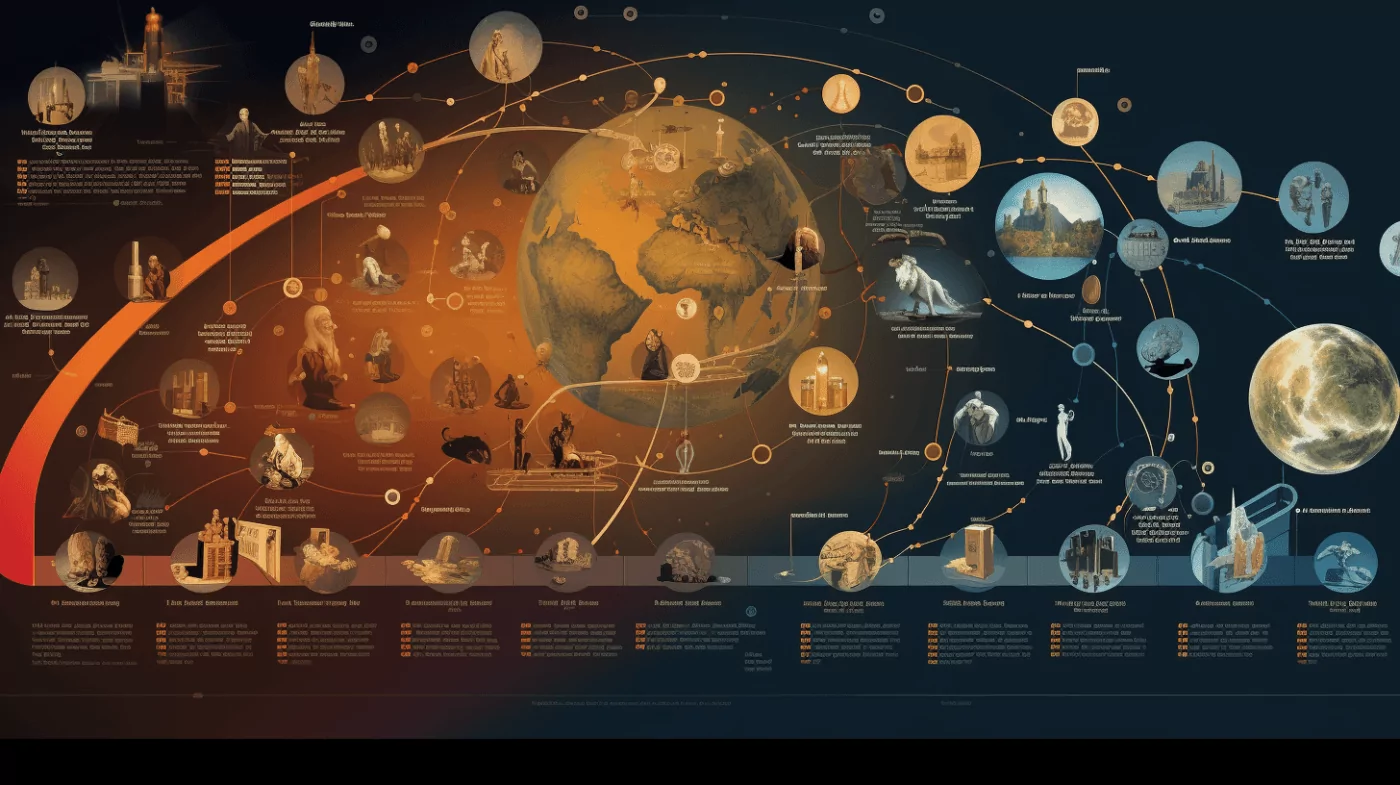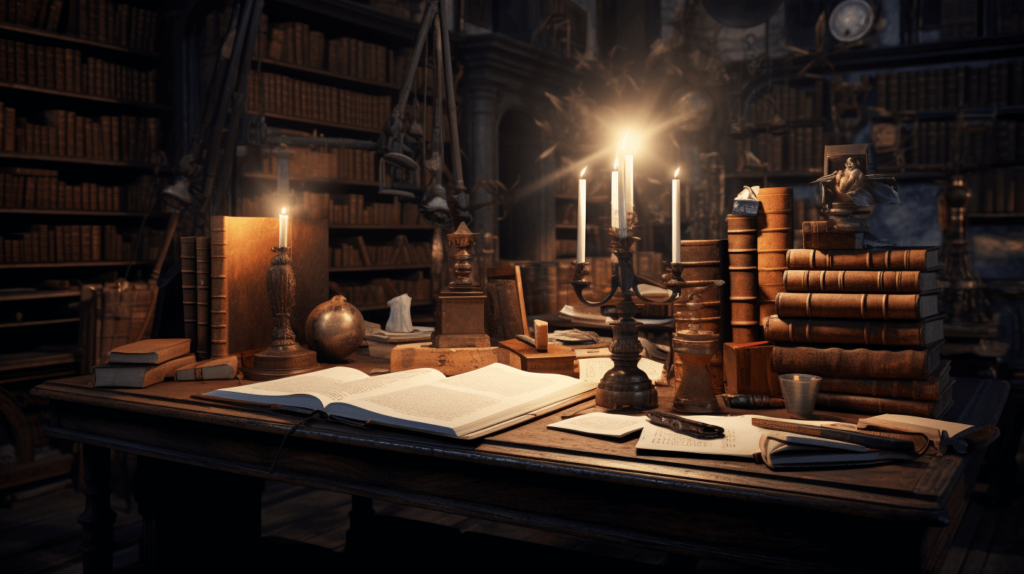Humanism
The Richest in History, and the Loneliest: Why Is This Happening?
10 February 2026

“Men love to wonder, and that is the seed of science,” is a sentiment often attributed to Ralph Waldo Emerson. While there’s truth in that assertion, it’s worth pondering: is there another foundational element to science?
Facts can’t be denied. One undeniable fact is, “Most people have a hard time digesting modern science because its mathematical language is difficult for our minds to grasp.” Yuval Noah Harari, the author of the worldwide bestseller “Sapiens. A Brief History of Humanity,” poses the question: “Out of the 7 billion people in the world, how many really understand quantum mechanics, cell biology or macroeconomics?” He further observes: “Science nevertheless enjoys immense prestige because of the new powers it gives us.”
In 1620, Francis Bacon published a scientific manifesto titled “Novum Organum” (often referred to as “The New Instrument”), in which he professed, “knowledge is power.” Harari elaborates on this point, adding “The real test of ‘knowledge’ is not whether it is true, but whether it empowers us. […] A theory that enables us to do new things constitutes knowledge.”
Since time immemorial, humans have endeavored to decipher the universe. Our forebears invested considerable effort in uncovering the principles that underpin the natural world. What about today?
“Modern science is based on the Latin injunction ignoramus—‘we do not know’,” Harari points out. According to this principle, our knowledge is limited. What’s more, we assume that new scientific breakthroughs might eliminate previous findings. Assertions once deemed irrefutable may later be found to be flawed. No theory, regardless of its stature, is immune to scrutiny or challenge. This inherently implies that you can’t get too attached to or depend on any single theory, because new discoveries might either refute it or necessitate its refinement. Such revisions are commonplace, especially in fields like medicine, which is ever-evolving. New findings render old treatments obsolete.
The universal message of Socrates—“I know that I know nothing”—retains its profound relevance today. The ancient philosopher’s wisdom lay in the awareness of his own ignorance and in his humility.
It has to be said that in our times that’s definitely not the most prevailing attitude. In the company of others, we hope that it’s our knowledge that shines through, and not the lack of it. No one wants to admit to not knowing something, or not reading a book that is considered part of a canon. That sort of attitude is shaped by our education and our parents. Nobody dreams of becoming ignorant. But is it really that big a deal to be lacking in knowledge?
The more we know, the more conscious we are of the things we are clueless about. Is it worth deluding yourself when it comes to knowledge? Is becoming aware of ignorance not the first step on the road to pursue knowledge? You can’t pour anything into a full glass. You need empty space to fill it with something.
Confessing to ignorance is the way modern science opens up to new possibilities. As one door closes, another one opens. Harari notes that modern scientific revolutions were not the revolutions of knowledge but of ignorance which informed their origins. At the heart of every novel theory lay the realization that, “humans do not know the answers to their most important questions.”
In past cultures, if one didn’t know something, all one had to do was to go to the oldest person in the tribe, who was typically considered the most knowledgeable, ask them a question, and dispel any doubts that way. There was no space for discovering anything new. Religion was another repository of knowledge with many readily available answers. The general rule was that what we didn’t know was not important for us, and therefore we weren’t supposed to ask about it. Everything seemed a lot simpler than it is today. People didn’t feel shame in their lack of knowledge because there was a perfect explanation for this. They didn’t need to know anything that was of no use to them. When everyone believes they know everything, it means they know very little.

As an institution, science readily acknowledges its collective ignorance. That’s not necessarily the case with individual scientists. Even Darwin openly acknowledged his ignorance and stressed that he was not sure if he really did finally solve the mystery of life. And he was right about that—even though his research was a quantum leap in biology, present-day biologists are yet to explain why the brain creates consciousness. Physicists candidly admit they don’t know what caused the Big Bang, not to mention they are not sure how to make quantum mechanics compatible with the general theory of relativity. Politicians argue all the time, each championing what they believe is the optimal economic model for their nation. Even though none of them will admit to being ignorant, most citizens can clearly see that elected officials sometimes seem lost and act cluelessly.
Only the recognition of missing answers to some of our questions makes us more prone to exploring the inner workings of the world and introducing new theories or technologies.
As scientists became aware of these gaps in understanding, searching for new sources of knowledge became a necessity. The emphasis shifted from solely studying ancient traditions to making new observations and experimenting.
“Until the Scientific Revolution most human cultures did not believe in progress,” observes Harari. Many “believed that some day a messiah would appear and end all wars, famines and even death itself.” Necessity is the mother of invention. Recognizing a need underscores a deficiency, and such deficiencies often arise from ignorance. This realization acts as a potent motivator in our quest for answers.
Had Scottish bacteriologist Alexander Fleming not recognized the gaps in understanding bacterial growth, he might never have discovered penicillin in 1928, a breakthrough that saved countless lives.
Over the last few years, modern science has achieved miracles, mostly due to the willingness of governments and business to invest vast sums in scientific research. We may not find the answers to every question niggling at the back of our minds, but we can certainly attempt to unravel the most fundamental mysteries. Searching for answers—not just finding them—should be a noble goal in itself.
According to the Cambridge Dictionary, ignoramus is “a person who knows nothing.” When somebody lacks basic knowledge—or any knowledge at all—in a particular subject, we call them “ignorant.” That’s a pejorative term.
“I know that I know nothing.” You can say that again. And lucky for us! It’s good to know, but it might be good not to know, as long as not knowing spurs us into action.
You may also like: